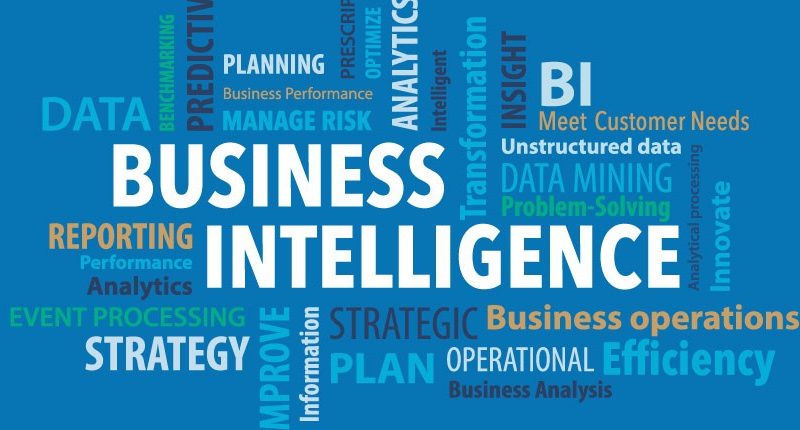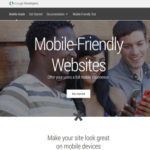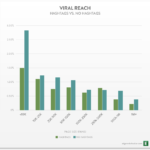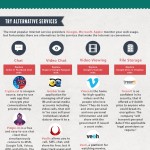In an increasingly competitive business landscape, change is the only constant. One would think that keeping pace would be easy considering the mountains of data companies have at their disposal. However, this hasn’t been the case historically. In fact, most organizations haven’t been able to reach a transformative level with their data initiatives.
Now that we’re one-third of the way through 2019, it’s worth asking: Has anything changed?
Let’s discuss four key business intelligence trends to keep an eye on as the year unfolds.
Data Democratization Goes from Cutting-Edge to Mainstream
There’s simply too much data these days for experts to act as the gatekeepers to knowledge — at least, if a company wants to be agile and stay ahead of their competition. Business leaders are sold on the merits of data — but so far that hasn’t translated into broader data access.
This year marks the rise of the citizen data scientist, and it’s in part thanks to user-friendly tools that allow for ad-hoc searches and real-time answers. The other half of the matter relates to data literacy. Organizations that promote and achieve effective data-related communication will adopt new tools and processes with ease while those that plow on without a shared understanding will struggle.
Increased Consumerization of Analytics
Historically, business intelligence was only practiced by large enterprises with extensive resources. This was because legacy software was expensive, and collecting data before the advent of the cloud required costly on-premises hardware. These obstacles are no longer in place, and we’re seeing businesses of all sizes and budgets incorporate data to inform their decisions and innovations. And because of the plethora of tools available, organizations don’t have to opt for a comprehensive suite if all they need are niche solutions.
Multi and Hybrid-Cloud Deployments Become the New Norm
Perhaps no invention sans the internet has affected our daily lives more than the cloud. When it comes to analytics, the cloud makes insights possible. Without it, organizations would have to resort to on-premises tech to store their increasing volumes of data. But the shift we’re witnessing now isn’t the move to the cloud, but rather the move to multi and hybrid cloud strategies.
A multi-cloud strategy, as the name would suggest, involves the use of multiple clouds in one analytics infrastructure. A hybrid cloud, on the other hand, includes a mix of cloud and on-premises storage. This approach is common with larger enterprises that aren’t able to completely break away to the cloud in one fell swoop. Even better, it’s way more cost effective to have private clouds or on-prem for some data. The commonality between the two is a centralized system that all data flows through, regardless of its origin.
AI Supercharging BI Dashboards
A common buzzword over the last few years, embedded analytics is starting to etch out a pivotal role in companies. Embedded analytics involves integrating into business’s existing workflows various features, such as visualizations, interactive reports, BI dashboards and more. It also goes a step further by offering simplified sharing features so an organization can share knowledge with suppliers and partners via an app or portal those companies already use. Yes, Ai supercharges BI dashboards with things like automatic insight generation, infinite drill down, and recommendations based on similar users.
But the central reason why embedded analytics carries so much potential to companies is that it provides context to non-technical users. Instead of employees receiving reports that contain high-level information, embedded analytics serves tailored insights, which accelerates takeaways and boosts productivity.
Things are always changing in our digital world, especially when it comes to something as fluid as data. These four trends signify the birth of extensive, actionable insights for any organization that takes advantage of them.
Will your business be on the cutting edge of adoption, or will it be left behind?











